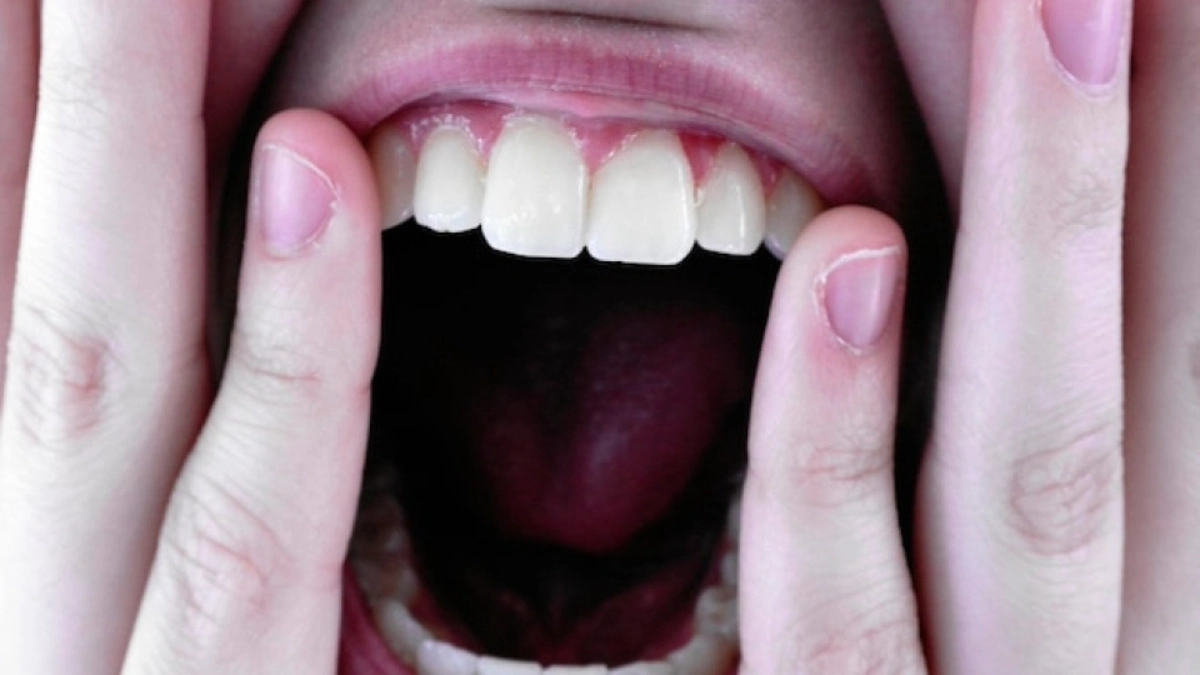Oral cancer, a significant health concern requiring specialized medical attention, can be effectively treated in Turkey, known for its advanced healthcare facilities and expert oncological care. Consequently, this article delves into the treatment options available for oral cancer treatment in Turkey, emphasizing innovative methods and state-of-the-art medical technology.
Understanding Oral Cancer
Oral cancer involves the growth of abnormal cells in any part of the mouth, including the lips, tongue, cheeks, floor of the mouth, hard and soft palate, sinuses, and pharynx (throat). Therefore, timely and effective treatment is crucial to managing the disease successfully.
Symptoms of Oral Cancer
Recognizing the symptoms early can lead to more effective treatment:
- Unexplained bleeding in the mouth
- Persistent sores on the face, neck, or mouth that do not heal
- Swellings, lumps, or bumps in the oral cavity
- Chronic sore throat or feeling that something is caught in the throat
- Difficulty in chewing, swallowing, speaking, or moving the jaw or tongue
Risk Factors Contributing to Oral Cancer
Understanding risk factors is vital for prevention and early detection:
- Tobacco use of any kind, including cigarettes, cigars, pipes, and chewing tobacco
- Heavy alcohol consumption
- Excessive sun exposure to the lips
- Family history of cancer
- Poor dietary habits
Advanced Mouth Cancer Treatment Options in Turkey
Turkey’s healthcare system offers a range of sophisticated treatments for oral cancer, tailored to the individual’s condition and specific needs.
Surgery
- Surgical Removal: The primary cancerous growth is excised, often along with a margin of healthy tissue to ensure thorough removal.
Radiotherapy
- External Beam Radiotherapy (EBRT): High-energy rays are used to destroy cancer cells, commonly administered post-surgery or as the sole treatment for early-stage cancers.
Chemotherapy
- Systemic Chemotherapy: Anti-cancer drugs are used to kill cancer cells and are often used in conjunction with radiotherapy (chemoradiotherapy).
Targeted Therapy and Immunotherapy
- Precision Medicine: Drugs designed to target specific aspects of cancer cells, and immunotherapies that help the immune system fight cancer.
Combination Treatments
- Chemoradiotherapy: A combination of chemotherapy and radiation to increase the effectiveness of treatment, particularly in advanced stages.
Preparing for Oral Cancer Surgery
Undergoing surgery for oral cancer is a significant step in overcoming the disease. Here are some key aspects to consider before surgery:
- Preoperative Assessment: Comprehensive evaluations including blood tests, imaging, and assessments of physical and mental health to ensure readiness for surgery.
- Nutritional Status: Working with a dietitian to improve nutritional health pre-surgery, as good nutrition can aid in recovery.
- Consultations: Discussions with your surgical team to understand the procedure, potential risks, and expected outcomes.
- Mental Preparation: Access to psychological support to help cope with anxiety and stress related to surgery.
Post-Surgery Care
After oral cancer surgery, the focus shifts to recovery and rehabilitation:
- Monitoring and Pain Management: Immediate postoperative care involves monitoring vital signs and managing pain through medications prescribed by your healthcare provider.
- Wound Care: Instructions on how to care for surgical sites to prevent infection and promote healing.
- Rehabilitative Services: Access to services such as speech therapy, physical therapy, and dietary planning to help restore function affected by surgery.
- Regular Follow-ups: Scheduled appointments for postoperative checks and to monitor for any signs of recurrence.
Ways to Prevent Oral Cancer
Prevention of oral cancer involves multiple lifestyle adjustments and regular medical checks:
- Avoid Tobacco Products: Abstaining from all forms of tobacco significantly reduces the risk of oral cancer.
- Limit Alcohol Intake: Reducing alcohol consumption can lower the risk of developing oral cancer.
- Sun Protection: Using lip balms with SPF and limiting sun exposure to prevent lip cancers.
- Diet: Incorporating a diet rich in fruits and vegetables provides antioxidants that can help reduce cancer risk.
- Regular Dental Check-Ups: Early detection of any precancerous conditions can be managed more effectively with regular visits to your dentist.
- HPV Vaccination: The Human Papillomavirus (HPV) is linked to certain types of oral cancers, making vaccination an important preventive measure.
Choosing the Right Facility: Avicenna International Hospital
The Avicenna International Hospital in Turkey is renowned for its superior oncology department, providing comprehensive and personalized oral cancer treatments.
Services Offered:
- Patient-centred care with multidisciplinary teams
- Cutting-edge medical technology and treatment methods
- Support services including nutrition, speech therapy, and reconstructive surgery
If you or a loved one is facing oral cancer, consulting with specialists at Avicenna International Hospital can provide you with the necessary guidance and care. For more details, visit their official website or contact us.
Turkey is recognized for its advanced healthcare infrastructure, experienced medical professionals, and affordability compared to other countries, making it a preferred destination for medical tourism.
The prognosis depends on various factors including the stage of cancer at diagnosis, overall health of the patient, and response to treatment. Early-stage oral cancers have a higher cure rate.
The duration of treatment varies based on the type and stage of cancer, ranging from a few weeks for early-stage cancers to several months for more advanced cases.







